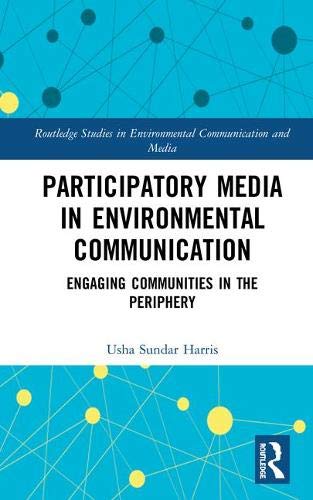

Most ebook files are in PDF format, so you can easily read them using various software such as Foxit Reader or directly on the Google Chrome browser.
Some ebook files are released by publishers in other formats such as .awz, .mobi, .epub, .fb2, etc. You may need to install specific software to read these formats on mobile/PC, such as Calibre.
Please read the tutorial at this link: https://ebookbell.com/faq
We offer FREE conversion to the popular formats you request; however, this may take some time. Therefore, right after payment, please email us, and we will try to provide the service as quickly as possible.
For some exceptional file formats or broken links (if any), please refrain from opening any disputes. Instead, email us first, and we will try to assist within a maximum of 6 hours.
EbookBell Team

5.0
58 reviewsParticipatory Media in Environmental Communicationbrings together stories of communities in the Pacific islands – a region that is severely affected by the impacts of climate change. Despite living on the margins of the digital revolution, these island communities have used media and communication to create awareness of and find solutions to environmental challenges. By telling their stories in their own way, ordinary people are able to communicate compelling accounts of how different, but interrelated, environmental, political, and economic issues converge and impact at a local level. This book fills a significant gap in our understanding of how participatory media is used as a dialogic tool to raise awareness and facilitate discussion of environmental issues that are now critical. It includes a section on pedagogy and practice – the undergirding principles, the tools, the methods. The book offers a framework for Participatory Environmental Communication that weaves three widely used concepts,diversity, network and agency, into a cohesive underlying system to bring scholars, practitioners and diverse communities together in a dialogue about pressing environmental issues. This book is a valuable resource for researchers and students in communication and media studies, environmental communication, cultural studies, and environmental sciences, as well as practitioners, policy makers and environmental activists.